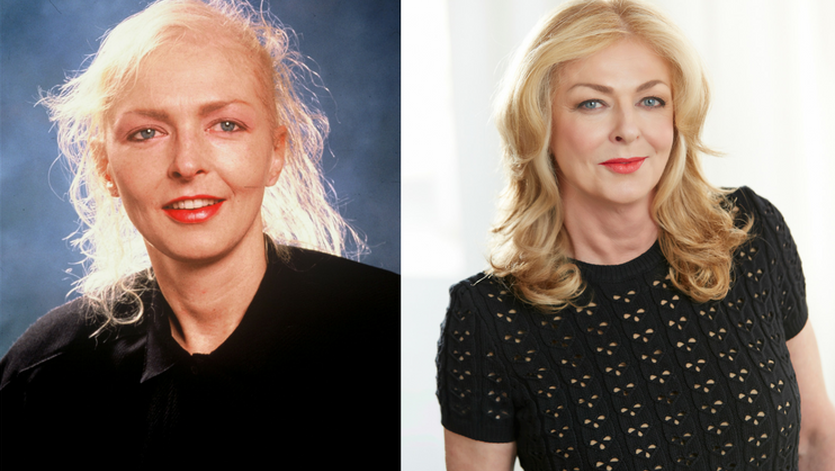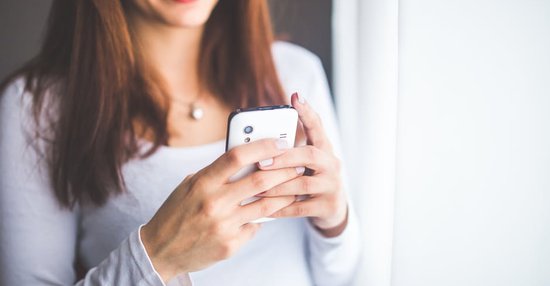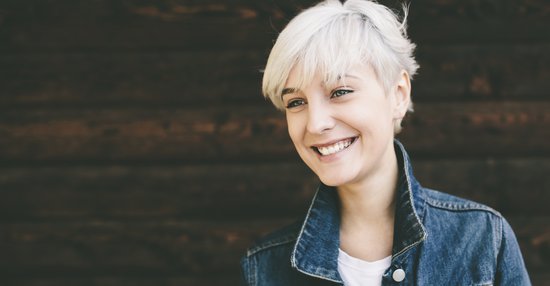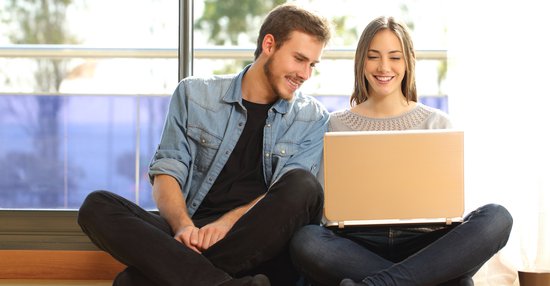On March 2, 1990, I had my last treatment for Stage 4 ovarian cancer. The following day, March 3, was my 31st birthday and what I have since called the first day of the rest of my life.
Seven months prior, I received the diagnosis that would change my life, and given just three months to live.
I’m happy to say those three months have turned into almost 30 years and I could not be more grateful.
I often tell people I am a graduate of the University of Cancer because, as with most great challenges in life, the cancer journey is full of lessons.
In honour of World Health Day, I will share some of those lessons:
1. If cancer is a battle, do not go to war with yourself
A woman who has survived cancer understands all too clearly that she has also survived the profound effects of treatment. In fact, the emotional fallout from chemotherapy is cited most often by patients as one of the most difficult consequences of the disease and is an often ignored consequence that can affect a woman’s ability to fight and to endure through this difficult ordeal. Beyond treating the tumor cells, the self needs support, too, and I’ve learned that it’s time to give women permission to ask for the support they need so they no longer have to suffer in silence.
2. Never give up
I lost my mom to malignant melanoma just two years prior to my own diagnosis. When the doctors said to me, “We’re sorry, there is no known treatment for the rare and advanced stage cancer you have,” I looked at them in shock and disbelief. In rationalizing why they should not give up on me I said, “You talk cancer statistics all the time. If there is no survival rate, maybe I can be it.” I challenged my doctors never to give up on me and told them “together we can make medical history!” And we did!
3. You’ll get by with a little help from your friends
As a long-term cancer survivor, I am forever grateful for all the amazing care and medical treatment I received from my dedicated team of health professionals. And when I am asked what I attribute my recovery to, I credit my healing – in body, mind and in spirit – to the network of friends and family who supported me every step of the way. We are not meant to face cancer alone and a network of support has a powerful and positive impact.
4. Take action by taking responsibility
I learned early on in my cancer journey that I was the only one who could take responsibility for my current situation - not blaming anyone or anything. Just by simply taking responsibility for here and now is a beautiful and positive point to move forward from. And no looking back.
5. Don’t wish your life away
One particularly tough day, just as my radiation was underway, I was at the family home with dad. It was February and because my weight had plummeted to about 90 pounds, I was cold all the time, my clothes didn’t fit and as chemo brain had set in, I couldn’t really figure out how to coordinate my wardrobe anyway, and nothing appealed to my appetite. I remember standing in the kitchen and saying to my dad, “I wish I wasn’t so cold all the time. I wish I had something to wear that looked ok. And I wish there was something that I wanted to eat.” Being the wise soul that he is, my dad looked at me and said, “Honey, you better be careful or you’re going to wish your life away.”
He was right, but imagine how much courage it took for a dad to tell his daughter, thought to have a short few months at best, not to feel sorry for herself by wishing her life away!
6. Healing takes time
Shortly after surgery, I was in pain and frustrated that my body wouldn’t just get better already and let me get back to doing things I took for granted before. Once again, it was dear dad who reminded me that you need to be patient with yourself and give your body the time and attention it needs to repair and recover. This also applies to the emotional wounds we suffer as a result of cancer.
7. There is no such thing as false hope
Encouragement and an optimistic outlook go a long way. While none of us want to be misled about the reality or severity of our situation, we also don’t deserve to have our hope taken away. For many it’s one of the few coping tools we have in our personal arsenal of internal reserves.
8. A little lipstick can brighten your smile — and your mood
Working in the cosmetics industry at the time of my diagnosis, I always knew that I felt better when I looked my best. But this was never truer than when I was in treatment and feeling anything but beautiful. On the dark days, I found that taking a few minutes to put on a little lip gloss, some fragrance or a soothing lotion lifted my spirits and helped me face the day with a little more optimism. This is the belief behind the Look Good Feel Better program.
9. Cancer is an opportunity to grow
You literally realize that you are so much more than just your physical self.
10. Ask for the help you need
People want to help — they really do. But they often don’t know how best to do that.When you tell them what you need, you’re not being selfish; they will be grateful for the suggestion and it will make them – and you – feel better.




